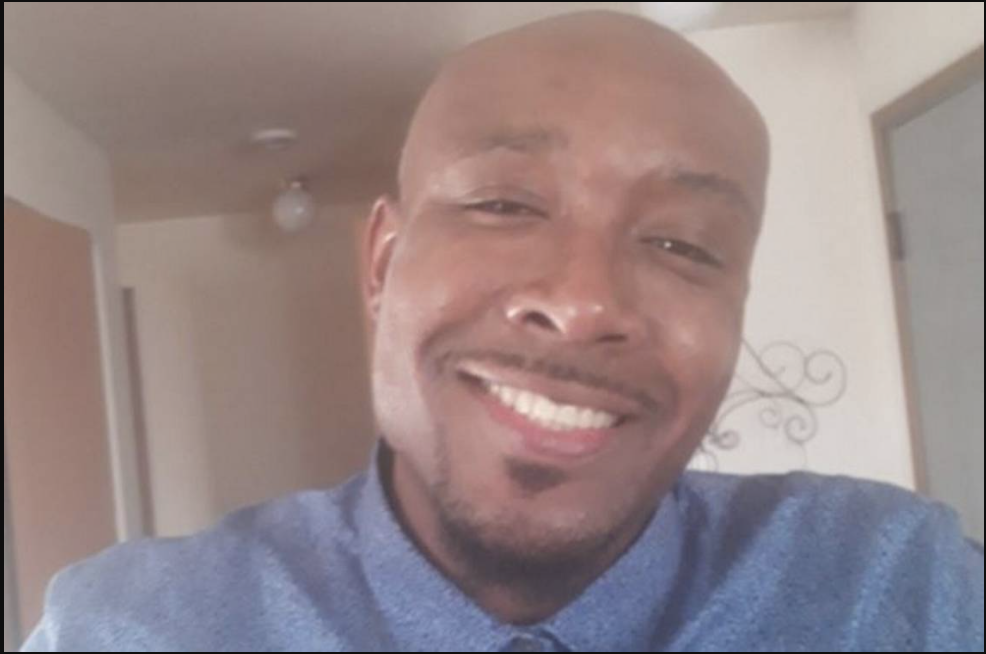Police Charged With Murder of Manuel Ellis
New evidence showed that the internal police investigation was completely botched.


Photo Via The News Tribune
Three Tacoma, Washington police officers, were charged for their involvement in the death of Manuel Ellis, a Black man who died after saying he couldn’t breathe as he was being restrained. The Washington state Attorney General Bob Ferguson filed charges of second-degree murder against Christopher Burbank and Matthew Collins and first-degree manslaughter against Timothy Rankine.
Witnesses of the March 3, 2020, arrest reported seeing Burbank and Collins attack Ellis without provocation, as told in a probable cause statement filed in Pierce County Superior Court. Ellis’s final words, “I can’t breathe, sir!” were captured
by a home security camera and became a rallying cry eerily similar to those across the country.“Ellis was not fighting back,” the probable cause statement said. “All three civilian witnesses at the intersection … state that they never saw Ellis strike at the officers.”
Since the killing, five officers had been on paid leave pending the decision on charges. The state attorney general maintains that the investigation is ongoing.
The encounter began after officers reported seeing Ellis trying to get into occupied cars at a red light. They cast Ellis as the aggressor, saying he charged an officer as he exited the police car.
Related Coverage: Anthony J. Thompson Jr. Receives No Justice As District Attorney Declines To Charge Police
Two witnesses who recorded parts of the fatal interaction came forward with identical stories, saying police attacked without provocation. According to the witnesses, an officer in the passenger side of a patrol car slammed his door into Ellis, knocking him down, and then jumped on him and started beating him.
Pierce County Sheriff Ed Troyer, who was a detective and the spokesman for the sheriff’s office, said then that none of the officers placed a knee on Ellis’ neck or head. But one of the witness videos that later surfaced depicts that exact action.
Although Ellis had a history of mental illness and addiction and one prior encounter with law enforcement, current information about the March 2020 encounter shows Ellis was not aggressive. Ellis had been actively seeking help and support for his mental illness and substance use. The landlords at the sober housing where he was staying told The Seattle Times he had been doing well in recent months after embracing mental health care for his schizophrenia.
In May, Washington Gov. Jay Inslee signed one of the nation’s most ambitious packages of police accountability legislation, including bans on police use of chokeholds, neck restraints and no-knock warrants. The legislation also makes it easier to decertify police for bad acts — and creates an independent office to review deadly force cases. These measures can help prevent a botched investigation like the one around Ellis’s death.